Can I Use Any Backpack for Hiking?
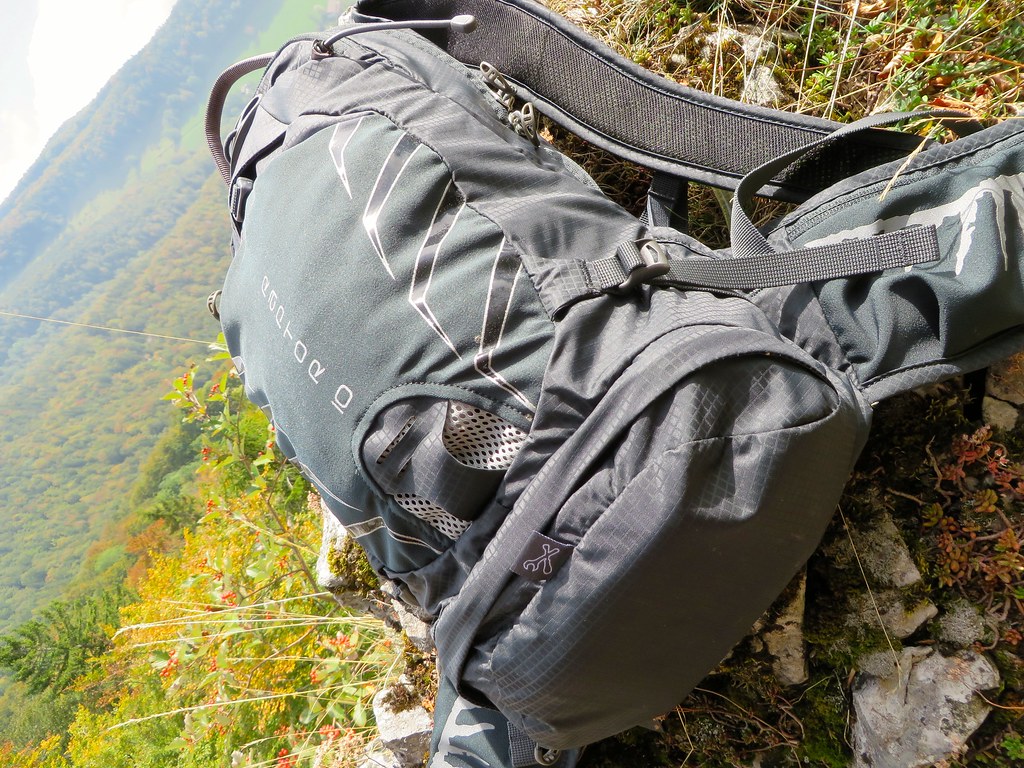
Yes, you can technically use any backpack for hiking, but it’s important to know that doing so might not provide the best experience on the trail. While a regular backpack might get you through a short and easy hike, it generally lacks the features and design elements that make hiking enjoyable and safe, especially over longer distances or on challenging terrain.
Let’s explore why hiking backpacks are specifically designed for outdoor adventures and how they differ from regular backpacks.
Read more: Why Do You Need Hiking Socks?
What is the Difference Between a Regular Backpack and a Hiking Backpack?
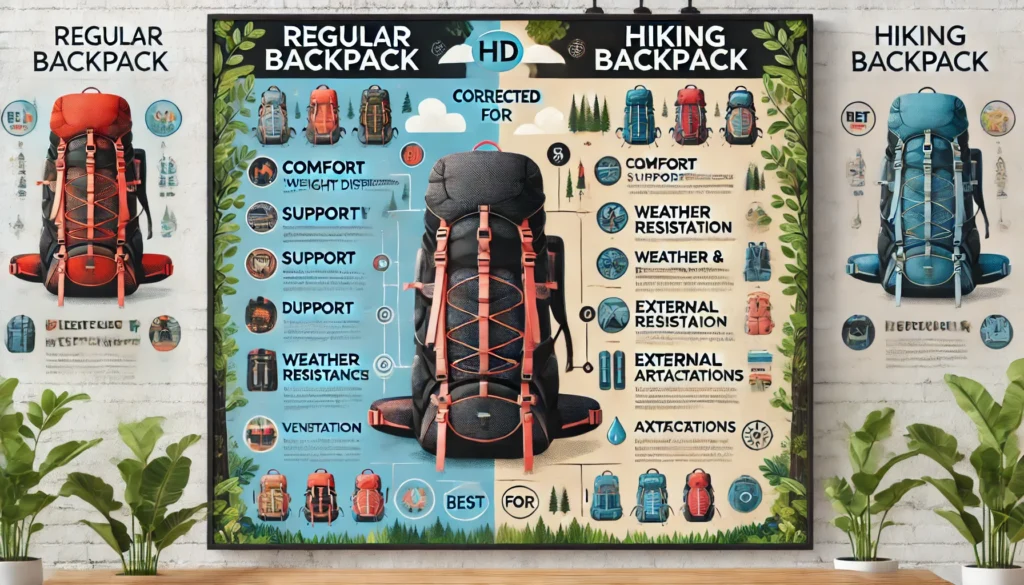
| Feature | Regular Backpack | Hiking Backpack |
|---|---|---|
| Comfort | Basic padding, may cause discomfort over long hikes | Ergonomic design with padded shoulder straps and hip belts for added comfort |
| Weight Distribution | Weight rests mostly on shoulders | Balanced across hips and back, reducing strain |
| Support | Minimal or no internal support | Internal or external frames provide stability |
| Durability | Made for light, everyday use | Built from rugged, weather-resistant materials |
| Weather Resistance | Usually not water-resistant | Often water-resistant with additional rain covers |
| Storage and Organization | Limited pockets, few compartments | Multiple compartments, hydration sleeves, and gear loops |
| Ventilation | Minimal or no back ventilation | Ventilated back panels to reduce sweating |
| External Attachments | Typically none | Loops and clips for attaching poles, sleeping bags, and other gear |
| Best For | Daily use, light carrying, short commutes | Long hikes, heavy loads, multi-day treks |
Can I Hike With a Normal Backpack?
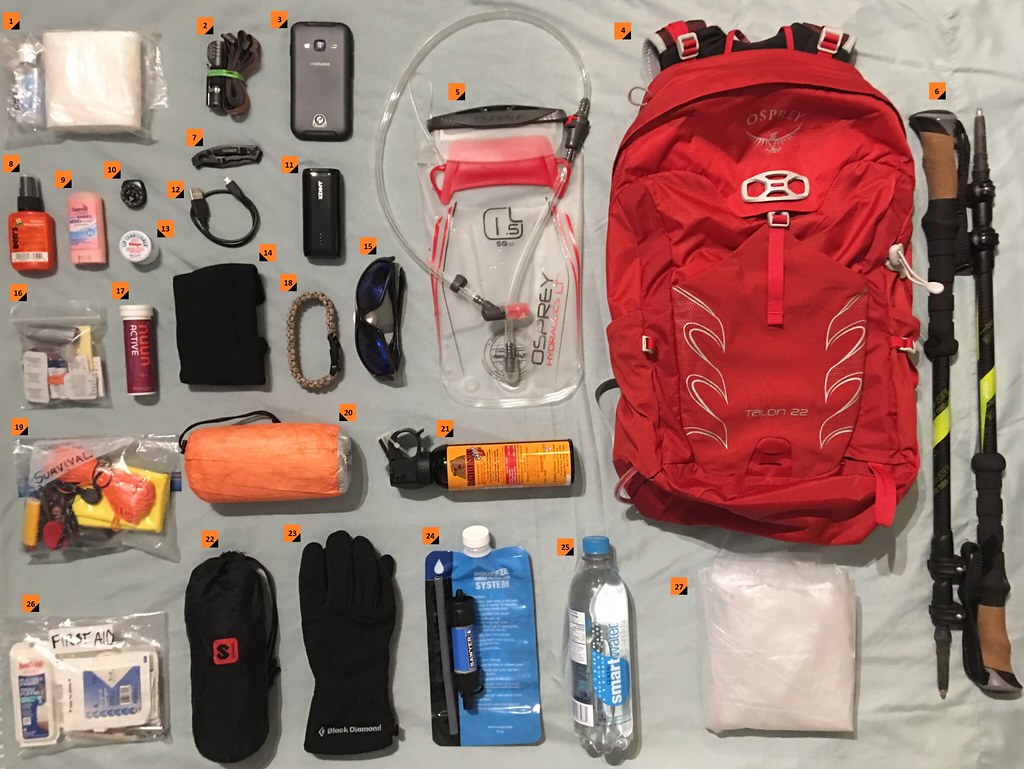
Certainly, you can hike with a normal backpack if:
- The Hike is Short and Simple: If you're heading out for a quick jaunt on an easy trail, a regular backpack might work without much fuss.
- The Terrain is Mild: For flat paths and gentle inclines, a regular backpack can suffice without too much discomfort.
However, as hikes become longer or more strenuous, a regular backpack can quickly show its limitations. Without the right support and comfort features, you could find yourself facing aches and pains that detract from your enjoyment of nature.
What Makes a Good Regular Backpack for Hiking?
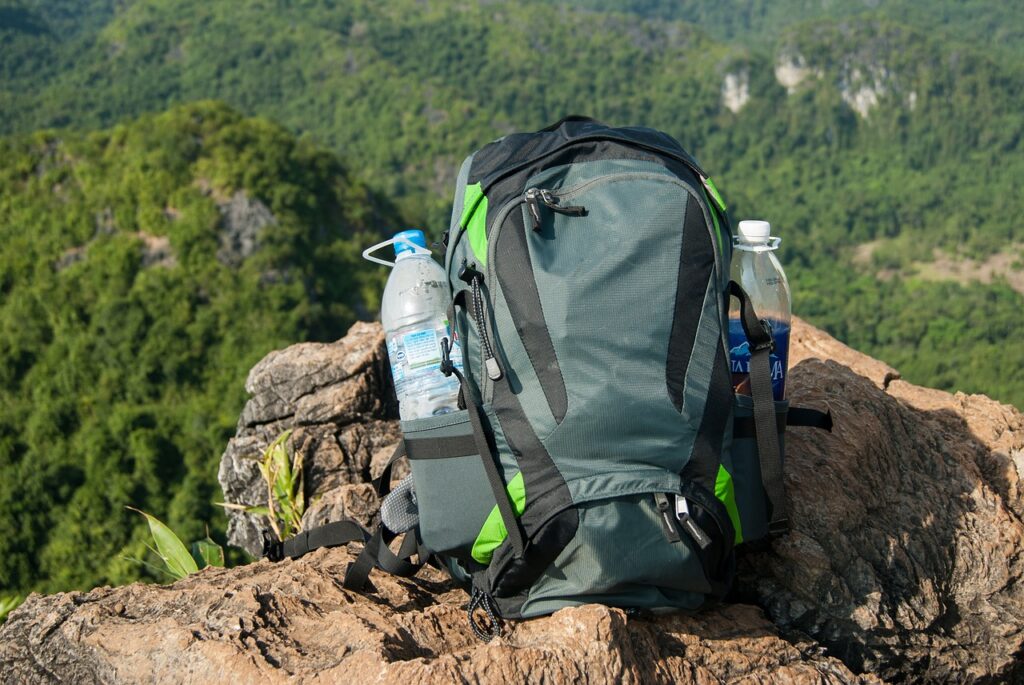
If you’re thinking about using a regular backpack for hiking, it’s essential to consider some key features that can help make it more suitable for the trail. While it won’t have all the perks of a true hiking backpack, a good regular backpack should ideally have:
- Comfortable Straps: Look for padded shoulder straps to reduce the strain on your shoulders, especially if you’re carrying a bit of weight.
- Breathable Back Panel: Some regular backpacks come with a mesh or lightly padded back panel, which can help keep you cooler by allowing air to circulate between your back and the bag.
- Multiple Compartments: More compartments can help with organization, allowing you to keep essentials like water, snacks, and navigation tools within easy reach.
- Durability: Opt for a backpack made of stronger materials like nylon or polyester. This won’t match the durability of a true hiking pack, but it should hold up better on trails than more delicate fabrics.
- Water Resistance: If you expect to encounter any moisture, a water-resistant backpack—or even a simple rain cover—can go a long way in protecting your gear.
Is a Hiking Backpack Worth It?
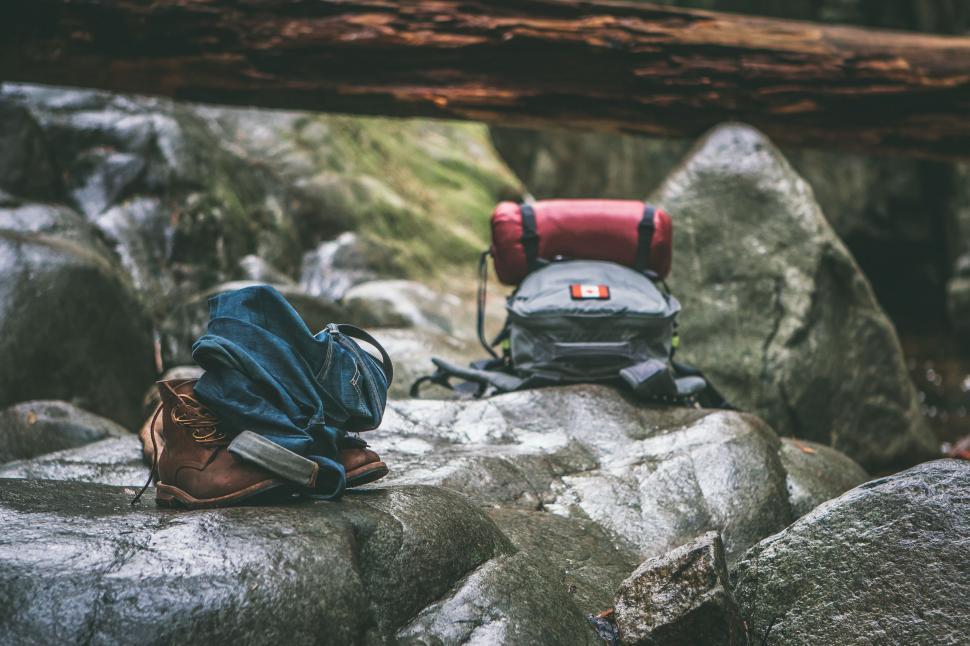
Investing in a hiking backpack can be beneficial for many reasons, particularly if you plan to hike more often or tackle more difficult trails. Here’s what makes hiking backpacks a worthwhile consideration:
- Enhanced Comfort: Hiking backpacks are designed for long-term wear, with padded shoulder straps and hip belts that help distribute weight evenly. This comfort can make a significant difference, especially on longer treks.
- Better Weight Distribution: A hiking backpack is engineered to shift the weight away from your shoulders and onto your hips. This balance reduces fatigue and makes it easier to navigate uneven terrain.
- Durability for the Trail: Hiking backpacks are constructed from tough materials designed to withstand the rigors of the outdoors. This durability means you won’t have to worry about your pack tearing or failing mid-hike.
- Weather Protection: Many hiking backpacks feature weather-resistant fabrics or built-in rain covers to keep your gear dry, making them much more reliable than regular backpacks in unpredictable weather.
- Organized Storage: With designated pockets for water bottles, snacks, and gear, hiking backpacks help keep your essentials organized and easily accessible, which can save time and frustration on the trail.
Why Regular Backpacks Might Not Be the Best Choice for Hiking
While a regular backpack may work for light, casual outings, here are some reasons it might not be the best option for hiking:
- Lack of Comfort Features: Regular backpacks often don’t have the same level of padding or ergonomic design, leading to discomfort over long distances.
- Poor Load Distribution: Regular packs don’t typically distribute weight effectively, leading to strain on your shoulders and back.
- Limited Storage and Access: The organization in regular backpacks is often insufficient for hiking needs, making it harder to find gear quickly while on the move.
- Insufficient Durability: Regular backpacks can tear easily on rough trails or in wet conditions, which is a significant risk if you’re serious about hiking.
- Weather Vulnerability: Most regular backpacks are not designed to handle moisture, leaving your gear exposed to the elements during a rainstorm.
Choosing the Right Hiking Backpack
If you decide to invest in a hiking backpack, here are some key features to look for:
1. Capacity
Daypacks (15-30 liters) are ideal for short hikes. Multi-Day Packs (50-80+ liters) are suited for longer excursions with more gear.
2. Ventilation
A pack with a ventilated back panel helps keep you cooler and reduces sweat buildup.
3. Padded Straps and Hip Belts
These features ensure that the weight is distributed evenly, providing greater comfort.
4. Hydration Compatibility
Look for packs that accommodate hydration bladders for easy access to water.
5. External Attachments
Loops and straps allow for convenient attachment of extra gear like trekking poles or sleeping bags.
Final Thoughts: Can I Use Any Backpack for Hiking?
In summary, while you can use any backpack for hiking, it’s important to recognize the limitations of regular backpacks when it comes to comfort, durability, and practicality on the trail. If you plan to hike regularly or take on longer and more challenging trails, investing in a hiking backpack is highly recommended. You’ll appreciate the difference it makes in your hiking experience, allowing you to focus on the beauty of nature rather than discomfort or disorganization. Happy hiking!
Hello! I’m,Ratndip a dedicated trekking enthusiast with a deep love for exploring the world’s most captivating trails. With over 2 years of trekking experience, I’ve had the privilege of hiking through stunning landscapes, from the majestic Himalayas to the lush Amazon rainforest. My journey into trekking started as a personal quest for adventure and has evolved into a lifelong passion for discovering new terrains and connecting with nature.